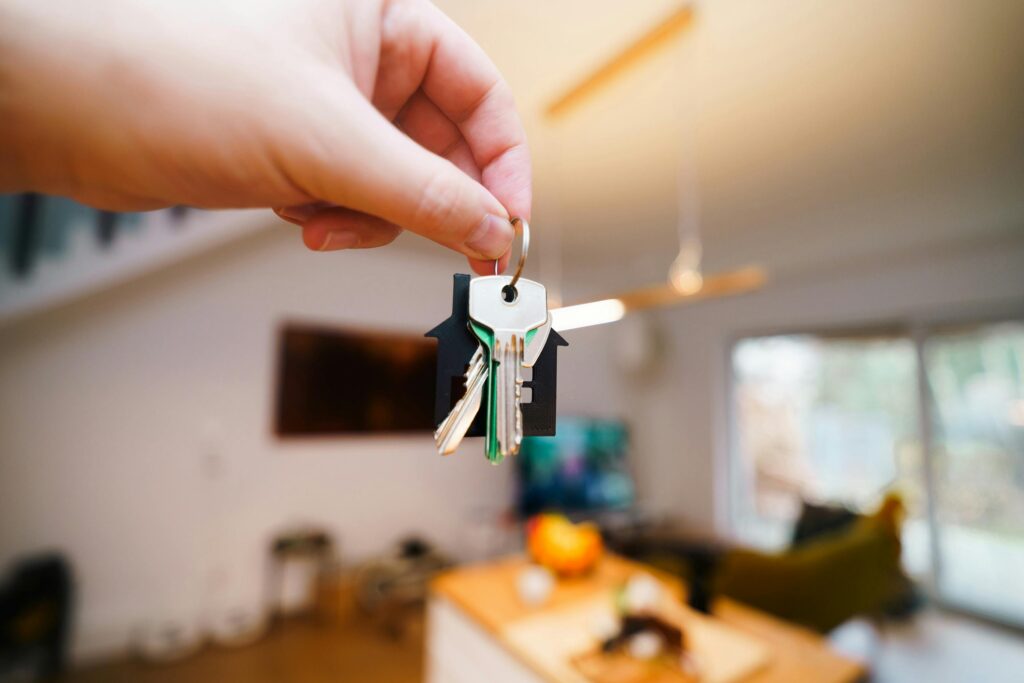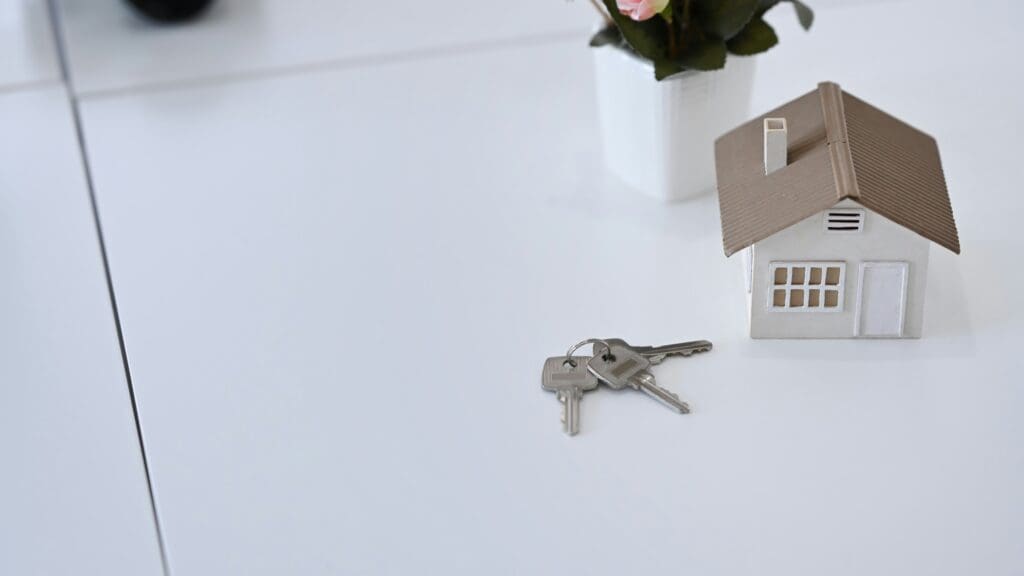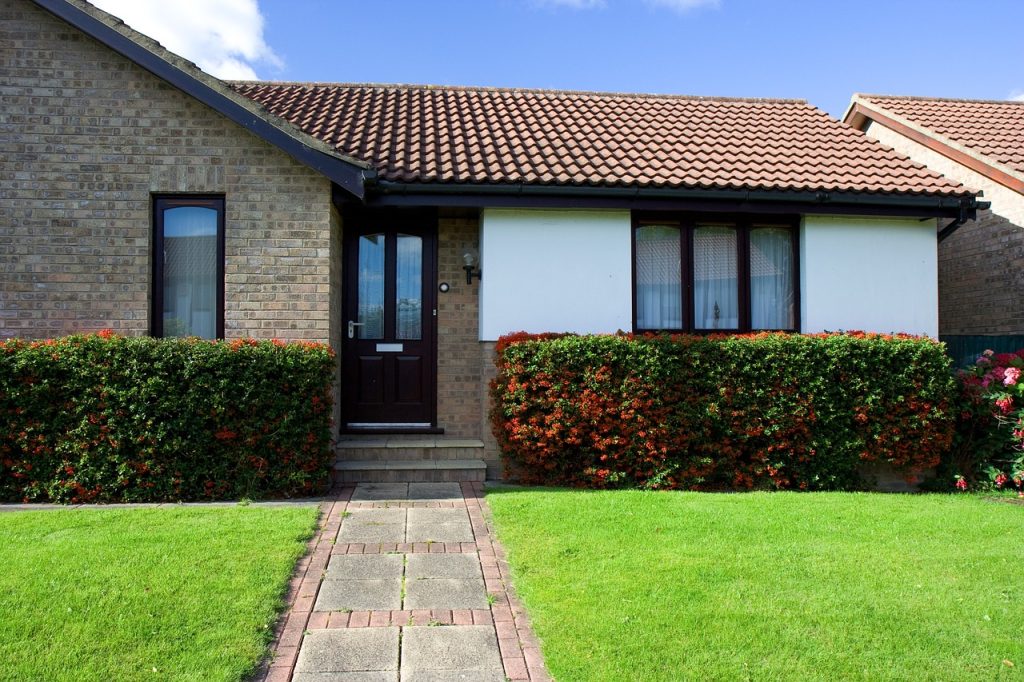First Time Buyer? What You Need To Know

Estimated reading time 6 minutes
Being a first-time homebuyer can be challenging. There’s the process of finding the right home, obtaining the mortgage, making an offer, and more. Buying a home is a complex process that can feel very overwhelming if you’ve never done it before.
We’re here to help you with information about the buying process and advice on how to navigate buying a home for the first time.
1). How Much Deposit Will You Need to Buy a Home?
Before starting your search for a home, it’s necessary to first save up a deposit. The amount of the deposit determines how much you can afford to pay for a property.
The larger your deposit, the more lenders will see you as a safer risk when it comes to offering a loan. And lenders will offer you better mortgage deals and cheaper rates when you have a large deposit. The reason is that saving such a large deposit makes you look financially responsible.
In most cases, it’s best to save between 5% and 20% of the cost of the home you want to buy. For instance, if the home you want costs £150,000, then you’ll need to save at least 5%, which would be £7,500.
Saving more will mean lenders will offer you cheaper mortgages and better interest rates.
2). Can You Afford a Mortgage?
Applying for a mortgage is similar to the application process for other types of loans. However, it is more in-depth. Your mortgage application will depend on various factors, including:
- The amount of savings you’ve put by
- Your salary
- Your age
- Your credit score
- The length of time you’re borrowing for
- The type of home you’re buying
In most cases, lenders will have a loan-to-income ratio, which is capped at 4.5 times your income. For example, if you earn £30,000 a year, then you could expect a loan of about £135,000.
The typical mortgage is paid over 25-40 years, with payments due in monthly instalments. The bank will charge interest on the loan, which means you’ll pay back more than you borrowed. This is normal; however, it’s best to shop around for a good interest rate. The lower the interest rate, the less money you have to pay back in interest.
3). Budgeting Costs of Buying a Home
Along with the cost of the mortgage, there are additional costs that come with buying a home. You’ll need to budget for these, as well. Additional costs for homebuyers generally include:
- Solicitor’s fees
- Survey costs
- Removal costs
- Valuation fees
- Conveyancing fees
- Land registry fee
- Building insurance
- Furnishing and decorating costs
- Mortgage arrangement & valuation fees
- Stamp Duty
4). Mortgage & How Much Monthly Payments Will Be
Next, you’ll need to determine how much you can afford for monthly mortgage repayments. For this reason, it’s essential to first determine your budget before searching for a home.
When calculating your budget, remember to include ongoing costs such as council tax, insurance, household bills, home maintenance, and more.
You might use a mortgage affordability calculator like this one. This is a helpful tool that helps you determine how much you can afford to borrow for a home. The calculator is easy to use—just fill in the required fields and see the results. Using this particular calculator will take about five minutes.
When you apply for a mortgage, financial institutions will check to see how much you can afford for a mortgage. The process involves testing your ability to make payments if interest rates increase, a change in your circumstances, and more.
What’s more, the lender will require information on your expenses and want proof of your income.
There are different types of mortgages available, including:
- Fixed-rate mortgages: the interest will stay the same throughout the life of the loan.
- Variable-rate mortgages: the interest rate can change over time. This means your monthly payments could up, which can be difficult to manage in some instances.
- Standard variable rate: this is the normal interest rate lenders charge homebuyers. The rate will last the length of the mortgage or until you take out another mortgage. However, changes in interest may happen if there is a rise or fall in the base rate set by the Bank of England.
- Discount mortgages: the lender offers a discount off their standard variable rate. This rate usually applies for 2-3 years.
- Capped rate mortgage: the interest rate on your mortgage is usually set at the lender’s standard variable rate. However, the interest rate will be capped, meaning it can go above a certain level.
These are only a few of the types of mortgages available. Be sure to consider the pros and cons of each type of loan with a financial advisor.
5). The Mortgage Application Process
Once you make it to this point, you’re ready to apply for a mortgage. As noted earlier, the lender will want to have information about expenses, including:
- Debts
- Household bills
- Other costs (clothing, childcare, travel, and more)
The lender will also want proof of income, which means you will need to supply payslips and bank statements. If you’re self-employed, the lender may also ask for your tax returns and business accounts, which have been prepared by an accountant. The lender may request this data for the past two tax years.
6). Government Schemes
There are several government schemes that have been developed for homebuyers. These are geared to helping you buy a home. The programs include:
- Help to buy: this scheme is for those who have a small deposit and is available for first-time homebuyers. You’ll need at least a 5% deposit, and you’re allowed to borrow 20% of the purchase price. The amount is interest-free for five years.
- Right to buy/right to acquire: this scheme is where council and some Housing Association tenants can apply to buy the property they currently live in at a discount.
- Shared ownership: this program allows you to buy a share of a home from the landlord. The landlord is most often the council or a housing association. In this case, you rent the remaining share.
- People with disabilities: is for people who have long-term disabilities. The program helps these people to buy a home that’s for sale on a shared ownership basis.
- Older people: is a program meant to help people 55 years of age and older buy a home.
There you have it! We hope this information has helped to inform you about the basics of the home buying process!



